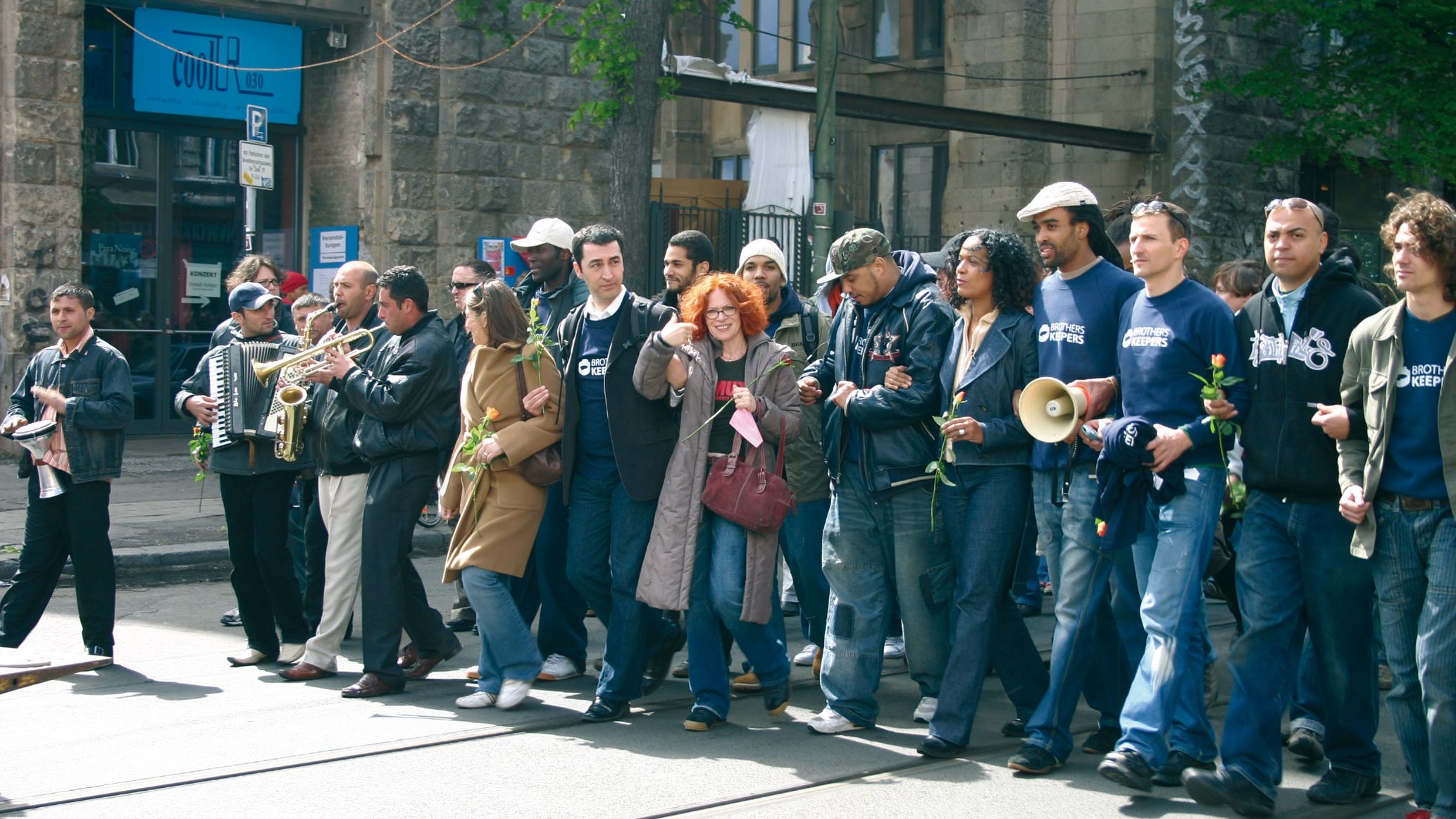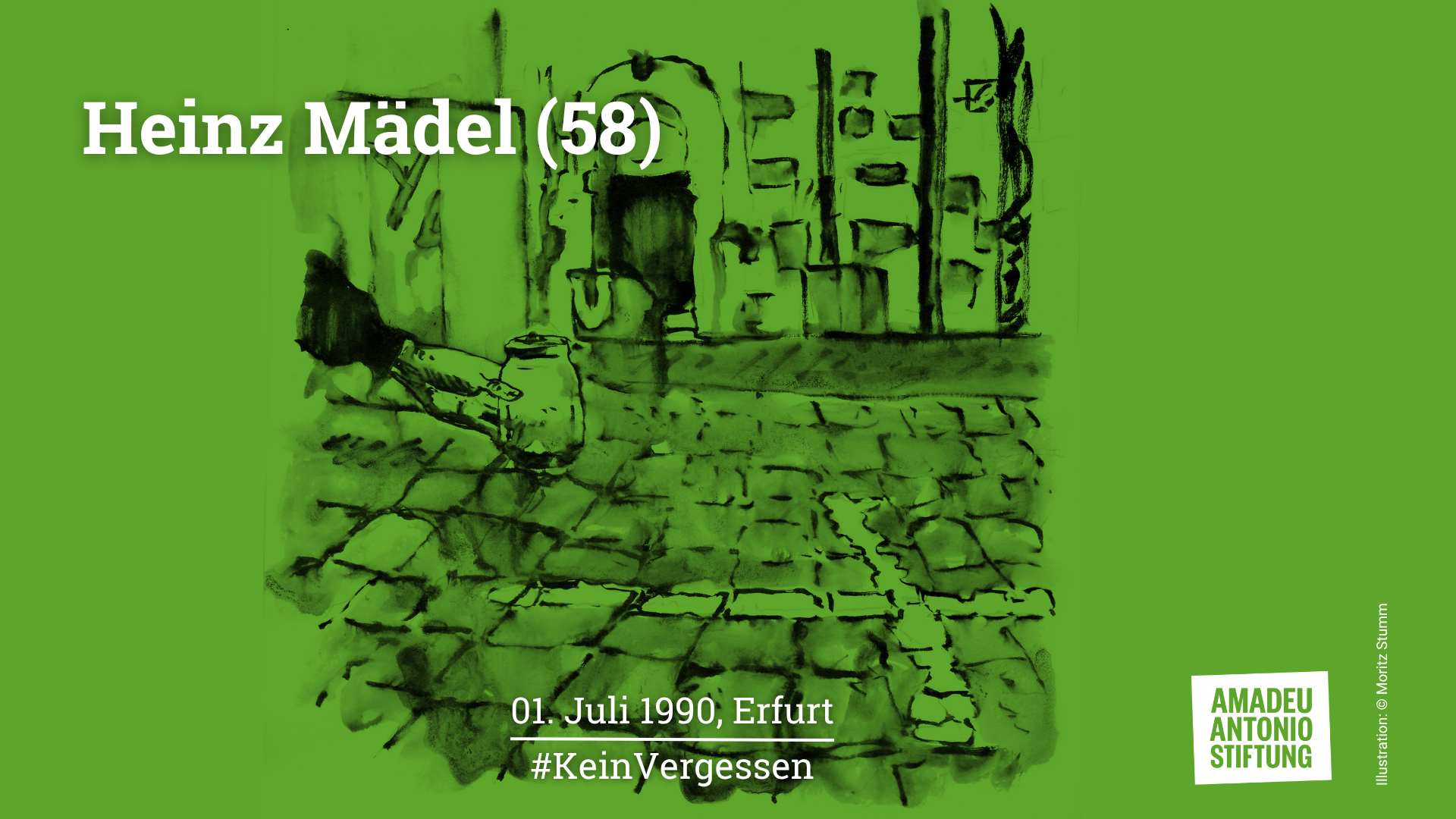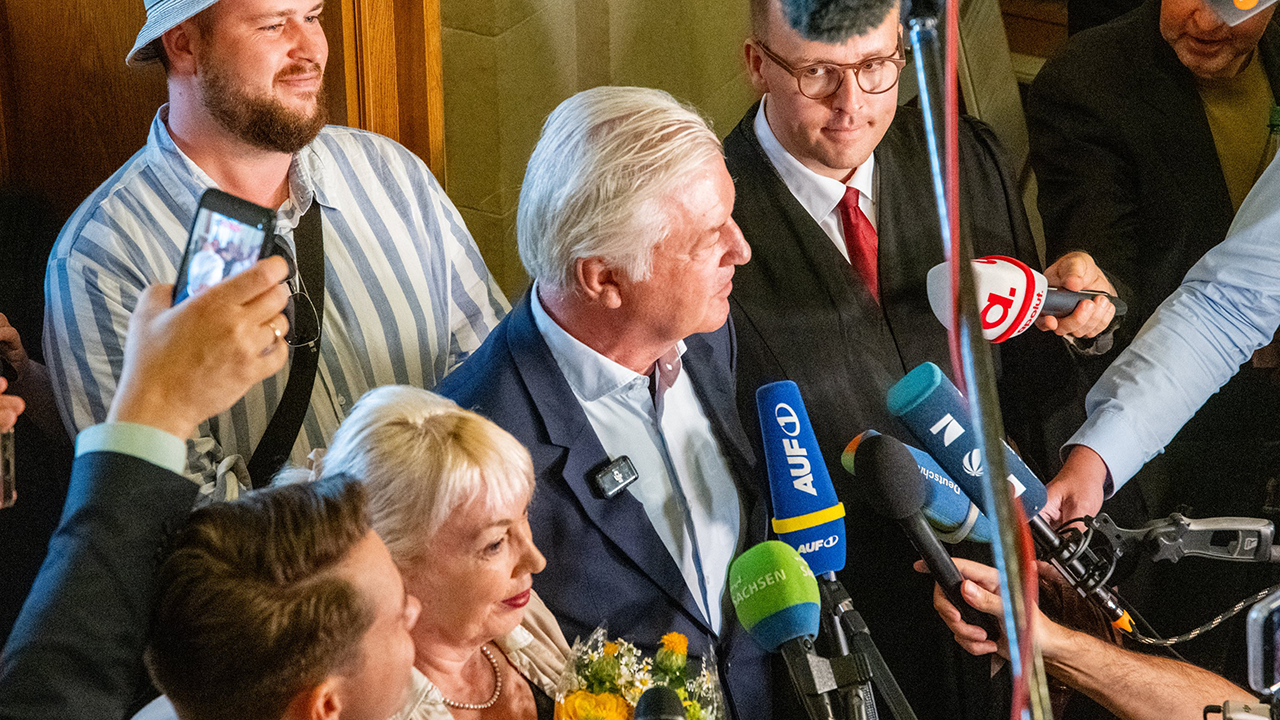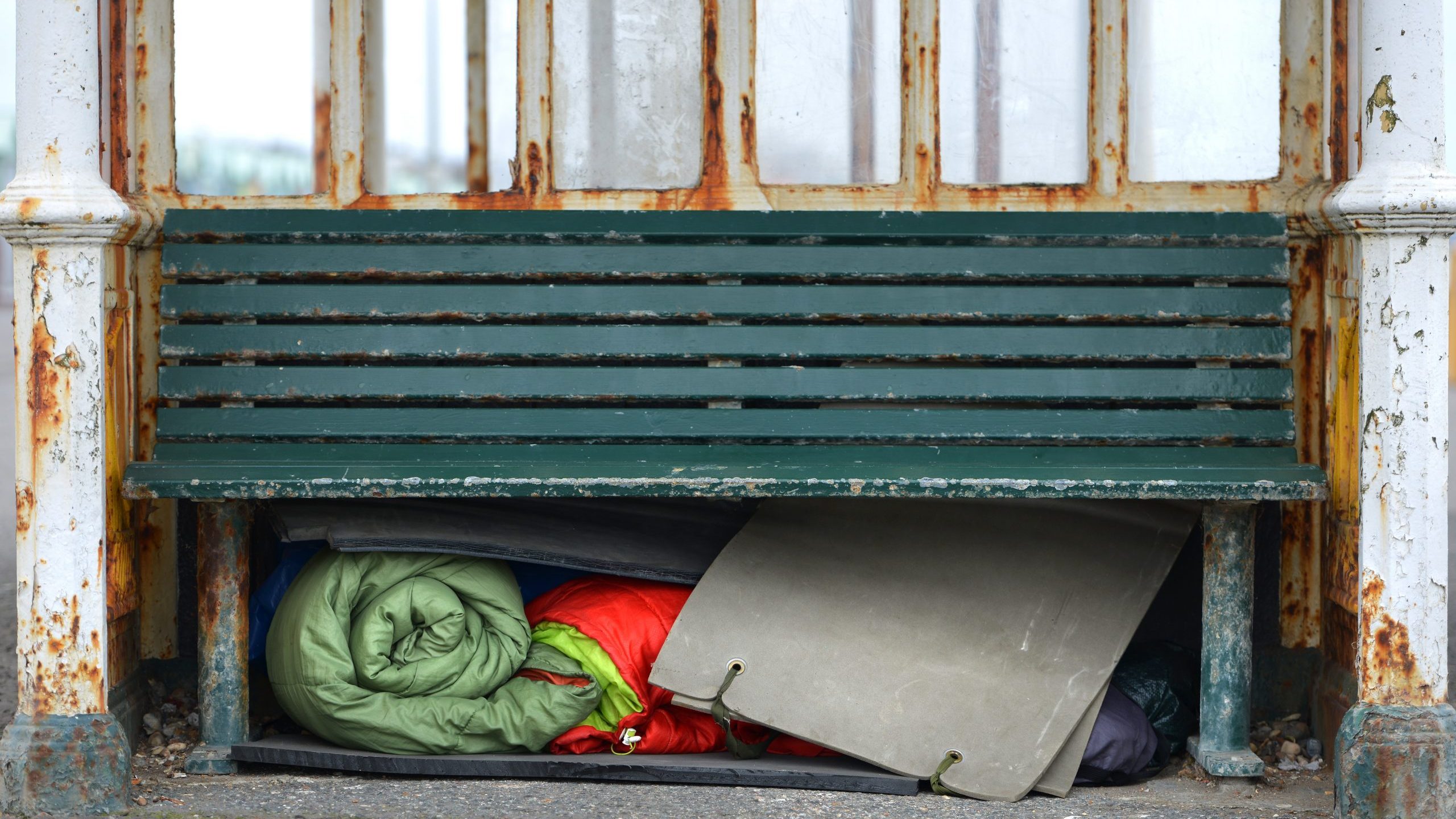Die englischsprachige Ausstellung „Germany after 1945: A society confronts antisemitism, racism and neo-nazism“ der Amadeu Antonio Stiftung richtet den Fokus auf Geschichte und Gegenwart: Sie zeigt, welche Rolle Nazi-Gruppierungen, Antisemitismus und Rassismus in beiden deutschen Staaten nach dem 2. Weltkrieg spielten.
Sie geht den Fragen nach, wie sich Deutsche in Ost und West der Verantwortung für die Verbrechen des Nationalsozialismus stellten, wie Staat und Zivilgesellschaft in der Gegenwart auf rechte Gewalt reagieren und wie der Alltag derjenigen Menschen aussieht, die von Neonazis bedroht werden. Die Ausstellung stellt zudem Projekte und Initiativen vor, die sich für den Schutz von Minderheiten und ein Mehr an Demokratie im Alltag einsetzen. Die Ausstellung ist als internationale Wanderausstellung konzipiert. Die erste Station ihrer Reise war New York sein, wo sie am 17. April 2013 eröffnet wurde.
Ausstellungskatalog (Englisch)
Die Ausstellung wird derzeit aktualisiert
About the Exhibition:
Neo-Nazis have killed over 180 people in Germany since the fall of the Berlin Wall in 1989. This official statistic is a fraction of the crimes committed by neo-Nazis in contemporary Germany. More problematic than the number of neo-Nazis and the hate crime statistic is the overlap between neo-Nazi ideology and mainstream thinking, for example, when people “forget” that Jewish, Muslim, Black and Roma people as well as a great variety of immigrants and their descendants are an integral part of German history and of life in Germany today. This exhibition is about that repeated, willful “forgetting” and its consequences. It is about antisemitism, racism, and neo-Nazi ideology, the kinds of things that the defeat of Nazi Germany in 1945 and German society’s long and earnest process of confronting the Holocaust were supposed to have done away with.
Germany today is a solid, successful, and in some ways exemplary democracy, one that goes to great lengths to face up to its wrongful past. At the same time, antisemitism, racism, and neo-Nazism persist. This exhibition is about the ways in which this society, historically and in the present, draws the line between those who belong and those who don’t, and about the role the confrontation with the Nazi past plays in such line drawing. This exhibition of the Amadeu Antonio Foundation seeks to amplify discussion about the necessity of facing up to the past and of actively opposing prejudice and hatred in the present.



